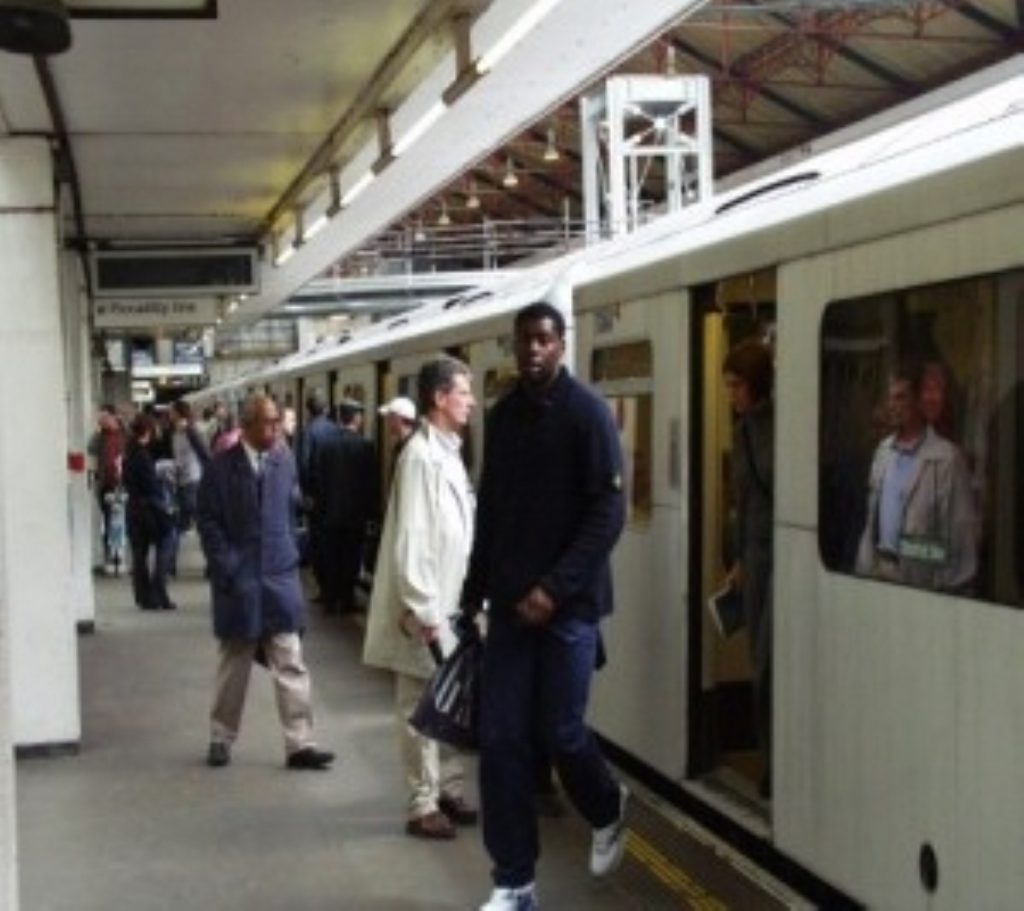Sharp criticism of London Underground PPP deal
Reports from the National Audit Office and Transport for London have cast severe doubts on the benefits of using PPP financing arrangements.
Public Private Partnerships (PPP) were mooted as the answer to decades of under-investment on the tube.
Two companies – Metronet and Tube Lines – were given 30-year contracts worth billions of pounds to maintain and improve the underground’s track and facilities.
London Underground kept responsibility for operation of the trains.


In an audit of the first year of the PPP operation, the NAO said “there was limited assurance that the price of the three Tube PPPs was reasonable, and some uncertainty about the eventual price although any price revisions have to meet tests of economy and efficiency.”
The NAO noted that if performance is delivered at bid levels shareholders stand to make returns of between 18-20 per cent a year (around a third higher than other PFI deals) and if they perform at lower levels the returns will be in the range of 10 to 17 per cent.
It also pointed out that some timetables for improvements have already slipped, with work now starting two years later than originally planned and recovering the maintenance backlog is now expected to take over 22 years rather than the 15 years originally intended.
“Compared to London Underground’s pre-1997 investment regime, the resulting deals offer the improved prospect, but not certainty, that the expected improvements will be delivered,” the NAO noted.
In a cautiously worded statement, the NAO said: “It is too early to judge how successful the PPPs will be.”
“There are financial incentives to deliver better performance but possible limitations in their impact. Given the volatility inherent in operations, it is hard to determine whether the benchmarks are easy or difficult to achieve.”
The head of the NAO, Sir John Bourn, said: “These are complicated deals, worth a great amount of money and spanning a long period into the future. I welcome the fact that there are prospects for improvement to the Tube.
“But in the face of the inevitable uncertainty about what the next 30 years will bring, only time will tell whether these prospects are fully realised and, therefore, whether the eventual price that the taxpayer pays is worth it.”
The RMT union said that the report proved its objections to the PPP deals as “an expensive scheme to line shareholders’ pockets” were justified.
General secretary, Bob Crow, said: “The only winners from the PPP are the Jarvises and Balfour-Beattys of this world, who are raking in returns of up to 20 per cent at our expense,”
“Here we are, little more than one year into the contracts, and already we’re being told that targets for improvements are being put back to somewhere over the rainbow.
“More than £1.2 billion of public money has been handed over to the privateers so far, and in exchange we’ve had derailments, falling maintenance levels, confusion and communications breakdown.
“We were promised a better Tube, but the reality is turning out to be very different.
“This crazy scheme went ahead even as steps were being taken to bring national rail maintenance back in-house because the private sector failed to deliver,”
The managing director of London Underground, commenting on Transport for London’s (TfL) separate report on the operation of PPP, said “After the first year, the jury is still out on PPP.”
He said that the private companies have had some success in tackling graffiti on trains and providing cleaner stations, but “over the coming months, we must see an improvement from Metronet and Tube Lines in both their maintenance work and major renewal projects.”
Among the criticisms of the private contractors in the TfL report were the quality of project management and planning, particularly on maintenance programmes of which a number of overruns severely disrupted service in the first year.

